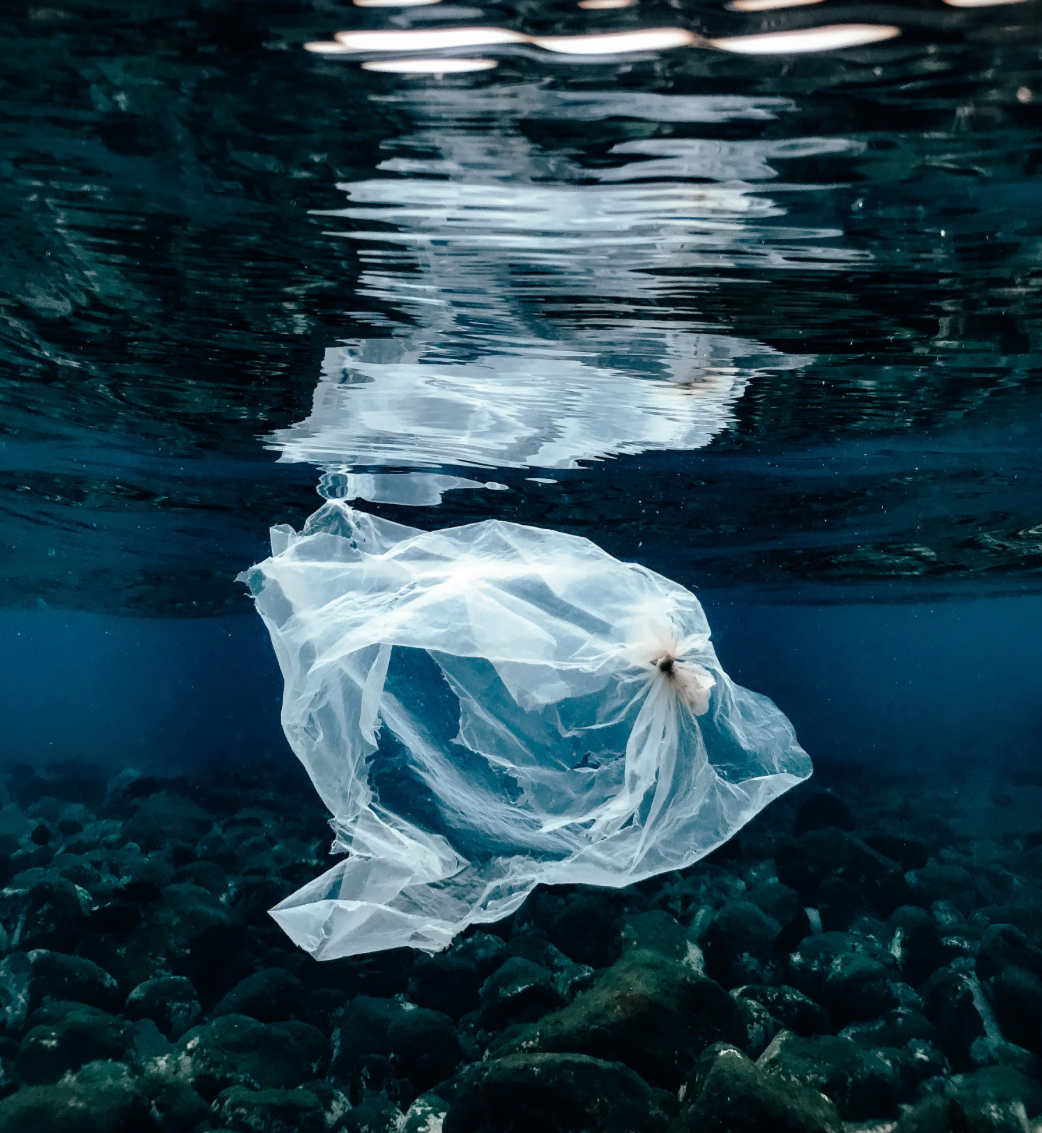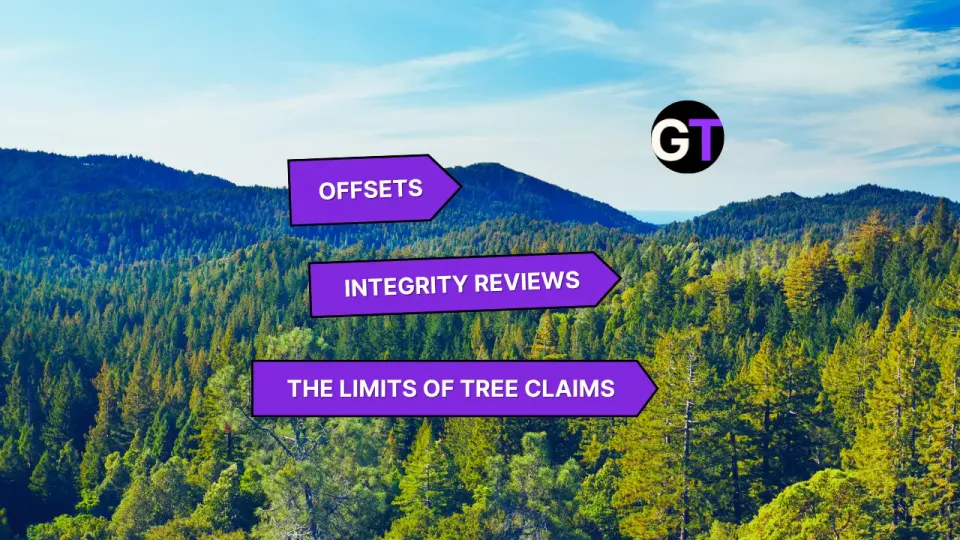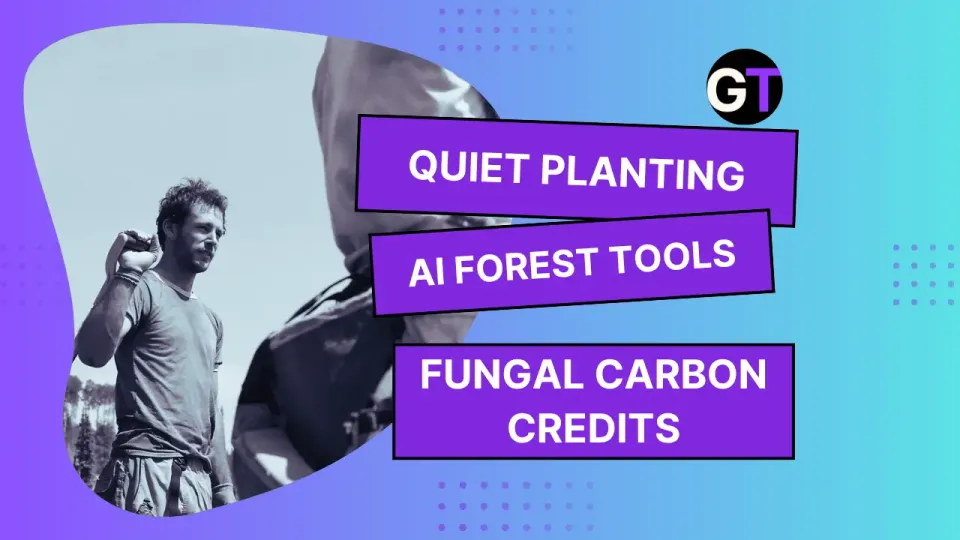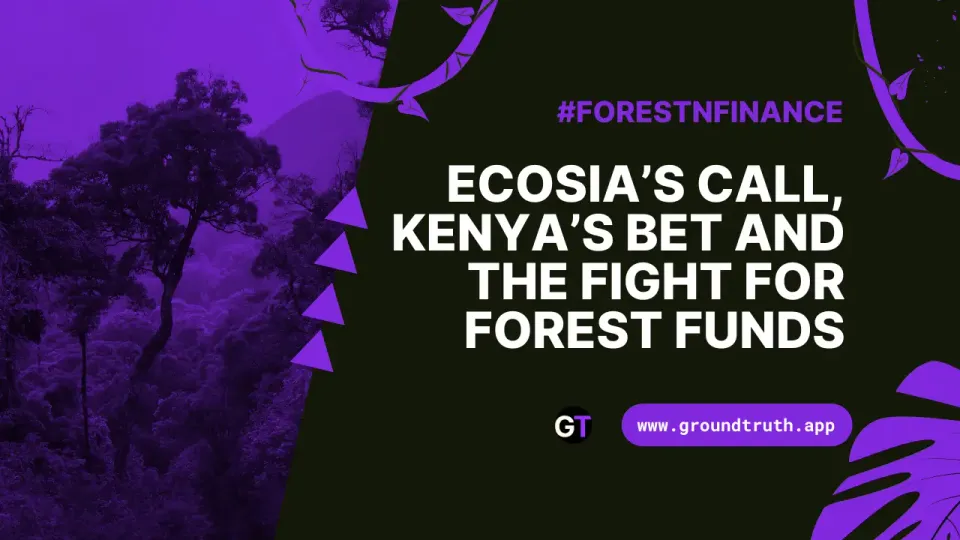Toward a Plastic-Free Future by 2040: New OECD Report 🚮
The message is clear: with bold global action, we can turn the tide on plastic pollution and create a sustainable future. 🫶

Overview: A Call to Action
The OECD’s latest report, Policy Scenarios for Eliminating Plastic Pollution by 2040, shines a spotlight on the growing problem of plastic pollution. 🌊 Without major changes, the world’s plastic waste is set to reach staggering levels, with more and more plastic finding its way into our oceans, rivers, and landscapes. 🌍 The report lays out different paths we could take to stop this trend and make a cleaner, greener future possible by 2040.
The Business-as-Usual Scenario: Unsustainable and Scary 📈
If we keep going like we are, plastic production could jump from 435 million tonnes (Mt) in 2020 to a whopping 736 Mt by 2040! 🏭😱 And even though waste management practices are expected to get better, the share of recycled plastics would still remain stuck at just 6%—that’s 41 Mt of recycling in 2040, the same as in 2020. Meanwhile, plastic waste overall could balloon from 360 Mt in 2020 to 617 Mt by 2040, leading to 119 Mt of poorly managed waste—way up from 81 Mt in 2020. 📦🚮
And it gets worse—plastic that ends up in our environment could rise to 30 Mt each year by 2040, up from 20 Mt in 2020, nearly doubling the amount of plastic floating around in our rivers and oceans. 🌊🐟 By 2040, the total plastic buildup in these waterways could reach 300 Mt, up from 152 Mt in 2020. And it’s not just the water that’s suffering—plastic production and disposal could release 2.8 gigatonnes of CO2 equivalent (GtCO2e) in greenhouse gases per year by 2040, compared to 1.8 GtCO2e in 2020, making up 5% of global emissions. 🌍🔥
Partial Solutions Aren’t Enough 🚧
The report explores some less ambitious options, but they just don’t go far enough to solve the problem:
Focus on Waste Management ♻️: One scenario tries to improve waste collection and recycling around the world, which would bring down the share of mismanaged waste from 23% in 2020 to 9% by 2040. But it would still leave behind 54 Mt of plastic waste that isn’t properly managed. 😬
High Ambition in Advanced Economies Only 🌍✨: Another scenario calls for strict measures in advanced countries like the OECD members. However, it wouldn't be enough to bring global mismanaged waste below 2020 levels. Even if some regions make big changes, it’s not enough to tackle a problem that affects the whole world.
These scenarios show that without strong global action, we can’t stop the growing tide of plastic. 🌊 To really make a difference, we need a worldwide effort to cut plastic production, boost recycling, and find new ways to design products that don’t rely on plastic so much.
A Path to a Cleaner Future: The Global Ambition Plan 🌱
The Global Lifecycle High Stringency scenario (aka the Global Ambition scenario) is where things start to get hopeful! 🌟 This plan involves taking strong action around the world, at every stage of plastic production and disposal. If we go this route, we could:
- Limit total plastics use to 508 Mt by 2040 (compared to 736 Mt in the “do-nothing” scenario) by cutting down on how much new plastic we make and designing products to be more eco-friendly. 🌿
- Quadruple recycling rates to 42%, so all the growth in plastics use is met through recycled materials instead of making new plastic from scratch. ♻️✨
- Nearly eliminate mismanaged waste by 2040—reducing it by 97% compared to the Baseline scenario. This could keep an additional 74 Mt of plastic out of our rivers and oceans! 🌊🚫
- Cut down plastics-related greenhouse gas emissions to 1.7 GtCO2e by 2040, much better than the 2.8 GtCO2e that would happen without action. 🌍💚
Turning Ambition into Action: A Global Effort💪
The report emphasies that getting there won’t be easy. 🌱 Countries will need to work together to make sure recycling programs are top-notch, create incentives for businesses to design better products, and help each other out with new technologies. But the benefits would be huge: cleaner air, safer oceans, and a planet that’s healthier for everyone. 🌍💚
The message is clear: with bold global action, we can turn the tide on plastic pollution and create a sustainable future. 🫶
Open Access Info📂
The Policy Scenarios for Eliminating Plastic Pollution by 2040 is freely available online. The studies it references are also open access, with data freely available for all to see. 📂




